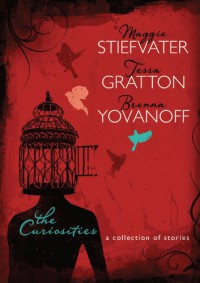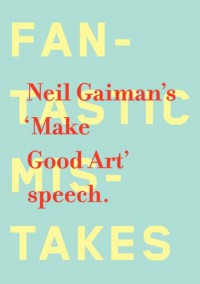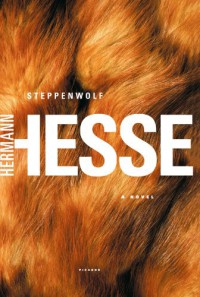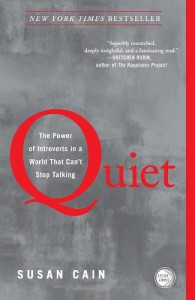 Remarkable.
Remarkable.There are different types of heroes. The most common is the hero who's brave and goes looking for opportunities to prove himself. Another is the hero who's not very brave (and he knows it) and perhaps not very skilled, but when he finds himself in a situation where something needs to be done, well, he does it. Not because he's brave, but because it's right.
Both kinds of heroes feature in Sir Thomas the Hesitant and the Table of Less Valued Knights, but our protagonist is Thomas.
And Thomas is the second type. He's sweet and bumbling and clever all at the same time, and he's determined to help. Our hero, like any good hero, is supported by his own heroic brand of misfits: the wise-cracking sidekick (oh, Philip, I have such a soft spot for him), the reformed evil wizard, the Giantess Formerly in Distress, and the beautiful, quick-witted love interest. And let's have a word about Marie, shall we? Because she is not the pretty but useless, sincere but dumb girl who tends to show up in these stories and only manages to cause more problems. She's smart, she's snarky, and she's firm where Sir Thomas the Hesitant is (shockingly) hesitant. Thank God for that, too, because one Mary Sue can blacken an entire book for me.
And this read was too good to be marred in such a way. The writing is light and witty, the tale is clever, the characters are well-sketched, the good guys are good and the bad guys are bad. The story is epic in scope, interweaving with Arthurian legend, and yet Perrin keeps it acutely personal: Thomas isn't motivated by glory, he's motivated by family and by deep feelings for home. By having the story expand throughout and then retract to the focal point--home--for the climax, the effect resembles something like a punch to the gut when everything comes together.
And I mean that in the best possible way. The whole story is enthralling, engaging on an individual level, and I finished the book with a silly grin. I just felt so good after reading this, which is sorta the point, isn't it?
Also: the portrayal of Gawain during his brief appearances made me giggle. I honestly think I found them funnier than I really should have, but whatever. "I canna feel me rrrump. I didna leave it behind did I? That wouldna do at all." Cue giggling. Don't judge me.
So enough of my rambling. Here's the entire point: I loved this. So much.
Perrin's novel was my "I'm placing an order on Amazon anyway and hey, free shipping if I add a little more to the cart and sure, I'll take a chance on this item" read, one I saw originally on a GoodReads giveaway but was too late to enter. Sir Thomas the Hesitant and the Table of Less Valued Knights is easily the best "Hell, why not?" purchase I've made in recent memory.
Go read it. Thomas hesitates, but readers shouldn't.


















